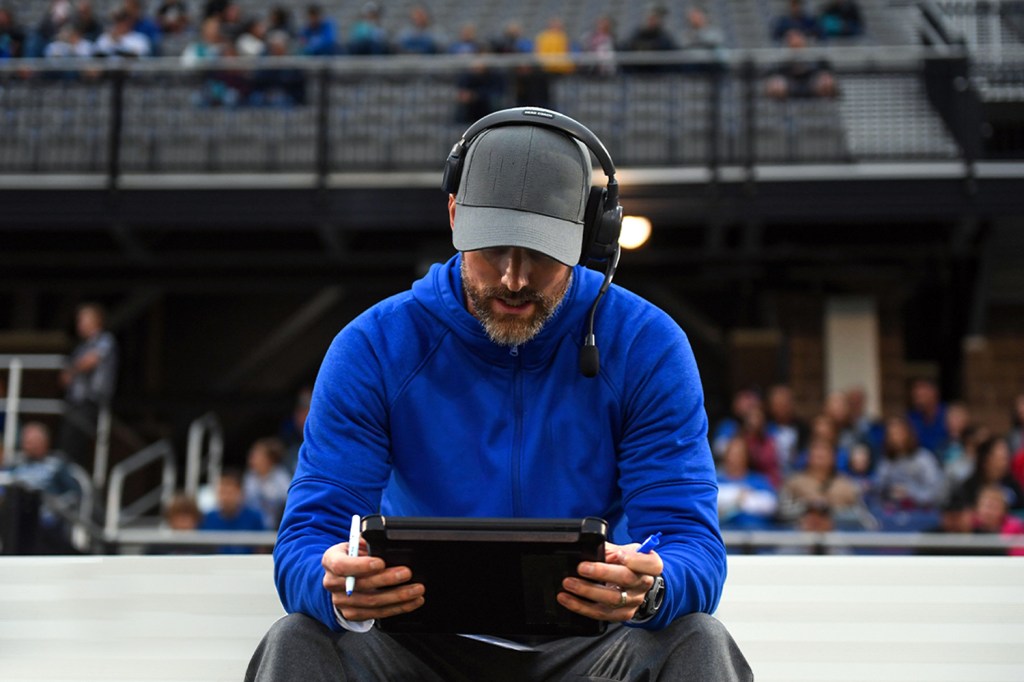Reports This Month
- Blockchain Gaming’s Continued Growth
- E-commerce Industry Experiences Strong Headwinds
- Consumer Spotlight: Plant-Based Preferences
One Big Thing
On Aug. 1, Pepsi announced that it would be investing $550 million in exchange for an 8.5% stake in energy drink manufacturer Celsius Holdings — the company’s latest bet on the burgeoning energy drink space.
According to the Wall Street Journal, the deal will allow Pepsi to distribute Celsius beverages over the long term. Pepsi will reportedly assist Celsius as it looks to expand its footprint across different retail channels including (but not limited to) independent stores and gas stations. In the company’s May investor presentation, it laid out the future path to winning “substantial” market share.
- Convenience stores (i.e. 7-ELEVEN, Casey’s, RaceTrac, Sunoco)
- Conventional grocery (i.e. Publix, Ralphs, Food Lion, Giant Eagle, Kroger)
- Vitamins and specialty drugs (i.e. CVS Pharmacy, Smoothie King, Rite Aid)
- Fitness (i.e. Crunch, Anytime Fitness, Planet Fitness, Barry’s Bootcamp, Golds Gym)
- Military (i.e. MCX, NEX, AAFES)
- E-commerce (i.e. Amazon, Walmart.com, BodyBuilding.com)
- Vending (i.e. Canteen, FirstClassVending, Vistar)
- Mass market (i.e. Target, CostCo, Sam’s Club, Walmart)
The agreement will help Celsius build on its existing network of more than 250 independent distributors, allowing it to tap into Pepsi’s existing network and supercharge its growth.
In the first fiscal quarter of 2022, domestic revenue saw an increase of 217% to $123.5 million, while inventories were actually down during the same period — drastically improving the company’s inventory turnover.
In the short term, Celsius expects the deal to boost distribution, particularly during the next 12 months. According to Celsius CFO Jarrod Langhans, a 40% increase in distribution capabilities can be expected, with independent convenience stores, vending, college campuses, and military bases representing key areas of growth.
Aside from the Pepsi investment, Celsius has demonstrated impressive financial performance over the past 12 months. Across domestic and international sales, the company grew revenues 167% and exhausted many of its existing distribution channels. Additionally, the company maintained a gross margin of ~40% despite increased costs related to ocean shipping and other transportation.
Additionally, according to the CPG Data Tip Sheet, Celsius was the No. 1 brand driver of growth in the energy category during the first quarter compared to 2021. The company also recently overtook Monster Energy as the fourth-largest player in the energy drink category by market share.
Yet despite its impressive growth metrics, the company has yet to come close to saturating the market. Celsius’ most recent revenue of just $398 million over the past 12 months represents 0.7% of the current $53 billion global market for energy drinks.
Pepsi Needs an Energy Boost
While the news was exciting for Celsius, it was equally impactful for Pepsi. The world’s third-largest beverage company has been actively looking to penetrate the functional beverage market in recent years.
In 2020, PepsiCo acquired Rockstar Energy for $3.85 billion, reportedly an effort to bolster the energy drink segment and the Mountain Dew brand. While the acquisition wasn’t relatively a large contributor to the bottom line, it’s important to note that during the time leading up to the acquisition (2017-19), Rockstar’s market share was steadily decreasing.
The idea was that although Rockstar didn’t have a strong presence or growth on the East Coast or in international markets, Pepsi’s distribution capabilities, established production, delivery, marketing knowledge, and network would help.
According to data from Statista, Rockstar has seen its U.S. revenues decline every year since 2016. In 2021, the segment generated only $163 million in global revenue for Pepsi, down from $226 million.
Pepsi has also been trying to bolster the Mountain Dew brand but hasn’t yet found a true complementary product set.
Then there’s Bang Energy. Pepsi signed an exclusive distribution deal with the energy drink company in 2020, similar to the one with Celsius. Just eight months later, the partnership disintegrated, with Bang claiming Pepsi engaged in “gross misconduct” related to intimidation tactics with independent distributors and even major retailers.
The separation will allow Bang to work with independent distributors while PepsiCo continues to build out a functional energy drink franchise.
The Celsius Deal is Different
The market for energy drinks remains an attractive one.
In the United States, the sector has been one of the highest-performing verticals in the nonalcoholic beverage space. For context, retail sales of energy drinks rose 9.2% in 2020 and are anticipated to grow to $20 billion by 2025.
Additional data from Research and Markets indicates that 2022 will see global energy drink sales reach $53 billion. As a whole, the industry is expected to grow by a compound annual growth rate (CAGR) of 7.1% to an estimated $86 billion by 2027.
It’s clear that the market for energy drinks is robust. Bang, and to a certain extent Rockstar, failed to capture significant market share due in large part to a fundamental lack of growth. That isn’t the case with Celsius.
The company is outpacing industry growth by a factor of 20X. While it commands only a modest 4.1% of the energy drink market, there are clear signs that it could grow into something much larger. Pepsi is now well positioned to take advantage.
According to Celsius CEO John Fieldly, “there is an opportunity on a go-forward basis for them to further invest in the company.”
With a clear path to gaining a significant foothold in both the energy and functional beverage space, look for Pepsi to prioritize its investment in Celsius.

